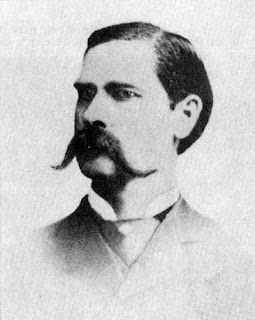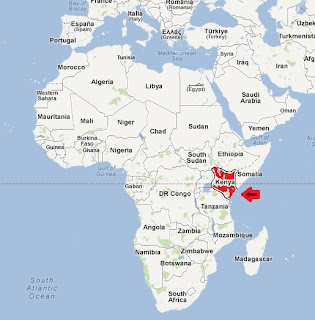Benjamin Franklin
was one the Founding Fathers of the United States.
He was born in a very
poor family and he started to work at the age of eleven. Between seventeen and
twenty-four years, he was working printing business and he became editor of
Pennsylvania Gazelle. His most important clue is the following:
GOD HELPS WHO HELPS HIMSELF
Franklin gained
international renown as a scientist for his famous experiments in electricity
and for his many inventions, especially the lightning rod.
From 1785 to 1788,
he served as Governor of Pennsylvania. Toward the end of his life, he freed his slaves and became one of the
most prominent abolitionists.
The first part of
Franklin's biography is to consolidate the ideas of myths and stereotypes, as
he believed plenty on Enlightenment thoughts. Franklin's autobiography,
begun in 1771 but published after his death in 1791, has become one of the
classics of the genre, as this genre was so important in America. The main
ideas in his works are:
- The self-made man
- To Go from Rags to Riches.
In his biography, Franklin
made a plan to achieve perfection. That is to make people themselves perfect,
living in society. To make this possible he defined 13 virtues:
 |
| Benjamin Franklin's Grave. National Memorial |
- TEMPERANCE: Eat not to Dulness. Drink not to Elevation.
- SILENCE: Speak not but what may benefit others or yourself. Avoiding trifling Conversation.
- ORDER: Let all your Things have their Places. Let each Part of your Business have its Time.
- RESOLUTION: Resolve to perform what you ought. Perform without fail what you resolve.
- FRUGALITY: Make no Expense but to do good to others or yourself: i.e. Waste nothing.
- INDUSTRY: Lose no Time. Be always employ’d in something useful. Cut off all unnecessary Actions.
- SINCERITY: Use no hurtful Deceit. Think innocently and justly; and, if you speak; speak accordingly.
- JUSTICE: Wrong none, by doing Injuries or omitting the Benefits that are your Duty.
- MODERATION: Avoid Extremes. Forbear resenting Injuries so much as you thing they deserve.
- CLEANLINESS: Tolerate no Uncleanness in Body, Clothes or Habitation.
- TRANQUILITY: Be not disturbed at Trifles, or Accidents common or unavoidable.
- CHASTITY: Rarely use Venery but for Health or offspring; Never to Dulness, Weakness, or the Injury of your own or another’s Peace or Reputation.
- HUMILITY: Imitate Jesus and Socrates.
Franklin, in his text Remarks Concerning the Savages of North
America, wants to aware people about what they called savages: “Savages we call them, because their manners
differ from ours, which we think the perfection of civility; they think the
same of theirs”. With this he tried to say that people on society called
them savages but if people put on society this savages, they might think the
savages are the people. Having different life style is not enough to ensure
that one or another is better than the other. Both are totally acceptable.
Ending with that, it is
important and remarkable to mention that he is the only one whose face appears at
the money not being president, because every face printed at money
are presidents.












